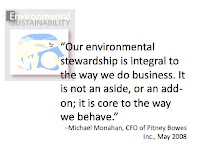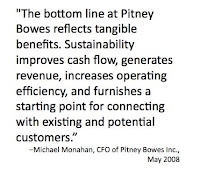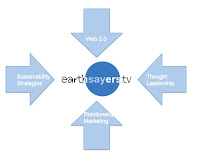
I will be a panelist at the Thursday, March 26th meeting of Synergos in Palo Alto, 6PM to 8PM. The topic is “Economics of Sustainability.” RSVP now. This is a great way to meet new people and engage in stimulating conversation. The March meeting is an annual Earth Day Eve event.
The Hay den Group sponsors the Synergos Series. The Synergos Series offers interesting guests, interesting speakers, business networking and brainstorming- all in an intimate setting that begins with wine tasting.
den Group sponsors the Synergos Series. The Synergos Series offers interesting guests, interesting speakers, business networking and brainstorming- all in an intimate setting that begins with wine tasting.
WHERE: PALO ALTO:Please RSVP to Victoria Hayden at victoria@thehaydengroup.com so we can ensure adequate seating. WHEN: The last Thursday of every month. Drop by any time between 6 – 8PM.
Earth Day values stamp designed by Rose Cassano of EarthSayers.tv. Use with permission. Thank you.









